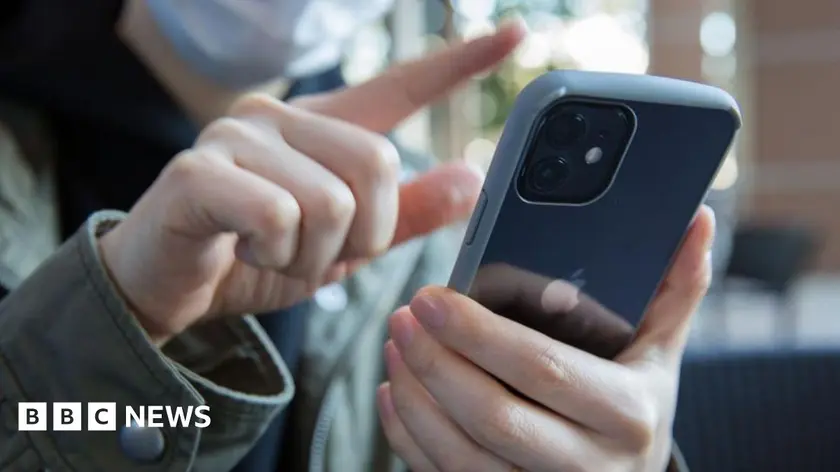T4K3.news
UK drops Apple backdoor demand
UK agrees to drop the backdoor requirement on Apple and safeguard US user privacy amid ongoing security talks.
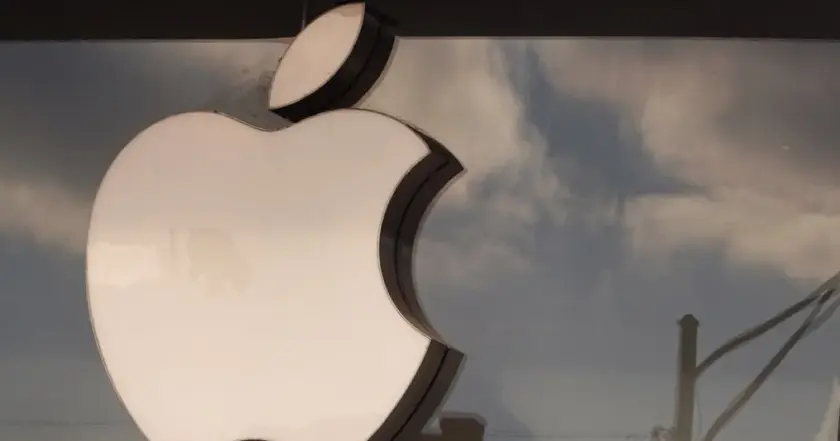
The UK ends its push for a back door to encrypted data following talks with the United States, a move praised by privacy advocates and watched closely by tech firms.
UK Drops Apple Backdoor Demand Protecting US Privacy
Britain has dropped its demand that Apple provide access to encrypted data for US users, according to US director of national intelligence Tulsi Gabbard. She said the decision followed months of talks aimed at protecting Americans’ privacy while sustaining security cooperation between the allies. The UK government declined to comment on operational matters but stressed that longstanding security arrangements remain in place, and Apple did not respond to requests for comment. The shift comes after Apple in February said it could not offer its most advanced data protection in the UK, a move tied to security officials’ pressure and reports of requests for blanket access to cloud data. Under the Investigatory Powers Act authorities can compel encryption removal through a technical capability notice, a framework privacy advocates have long criticized.
Key Takeaways
"Were Apple to create a backdoor to its encrypted user data it would create a significant risk which could be exploited by cybercriminals and authoritarian governments"
John Pane of Electronic Frontiers Australia on backdoor risks
"The mass surveillance powers created through the Investigatory Powers Act remain a significant threat to privacy rights in the UK"
Rebecca Vincent of Big Brother Watch on surveillance law
"The right to use encrypted communications must be enshrined in law"
John Pane on encryption rights
"Access to encryption technologies is vital for safeguarding information and the digital economy"
John Pane on encryption importance
The episode shows how privacy and security remain a political bargaining chip. The willingness to back away from a backdoor demand suggests civil liberties arguments can gain ground even in high tension security talks. It also underscores how diplomacy can shape tech policy in real time and how the legal framework that governs surveillance stays central to any quick fix.
Yet the broader fight is far from over. If encryption protections remain robust in practice, governments may still push for access under other pretexts. The industry will need clear safeguards and transparent limits to prevent mission creep and to protect trust in the digital economy.
Highlights
- Privacy is not a loophole it is a shield for liberty
- Backdoors invite abuse and empower criminals and authoritarians
- Encryption is essential for the digital economy and individual safety
- A policy that weakens encryption risks every user
Privacy risk from encryption policy remains
The reversal could ease privacy protections but leaves policy disputes unresolved. If encryption protections are weakened, it could invite misuse by criminals or authoritarians and reshape how data is handled across borders.
The encryption debate is ongoing and will test how privacy protections are guarded in a global security landscape.
Enjoyed this? Let your friends know!
Related News
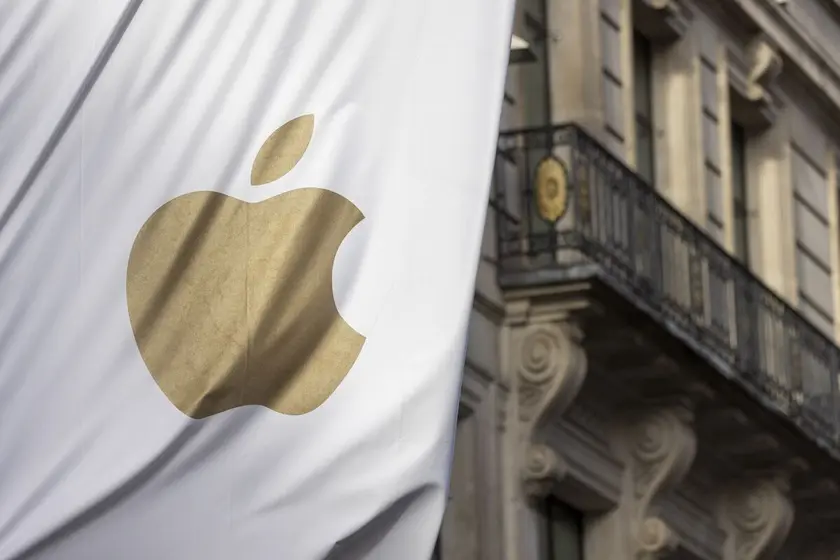
UK backs off backdoor demand from Apple
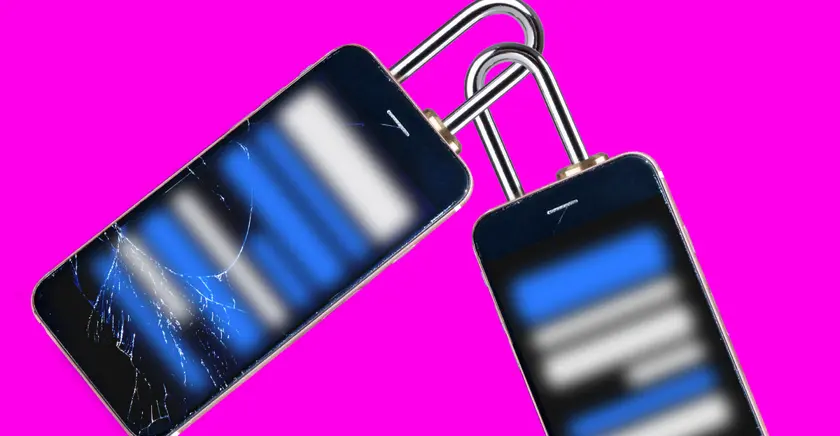
UK drops backdoor demand on Apple encryption
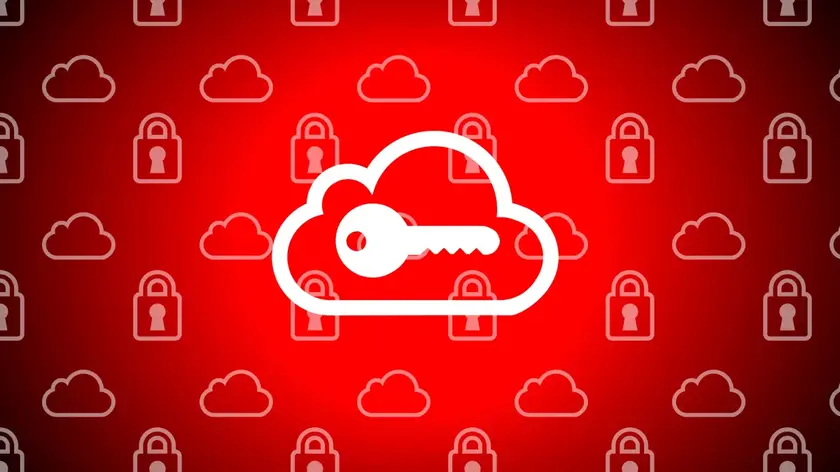
UK drops backdoor demand after talks
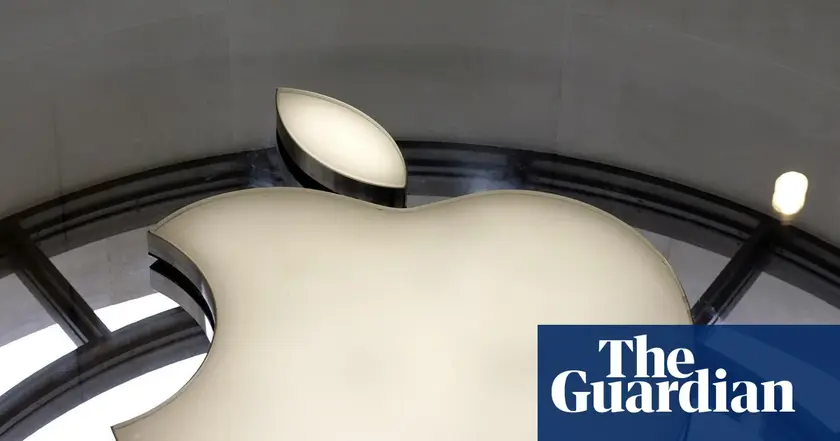
UK drops Apple data access demand

UK allows Apple encryption stance to stand
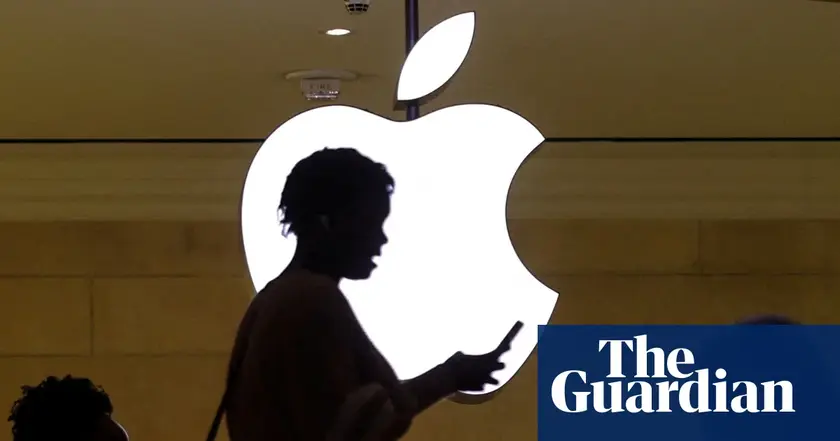
UK may back down on Apple data access demand
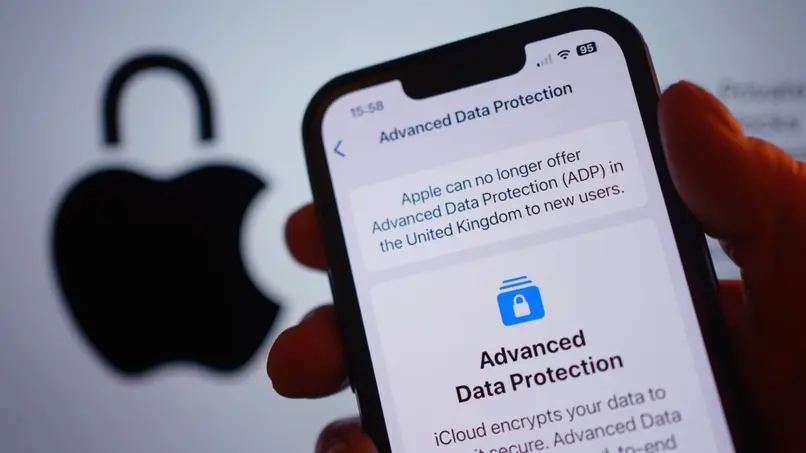
UK backs down on Apple encryption demands
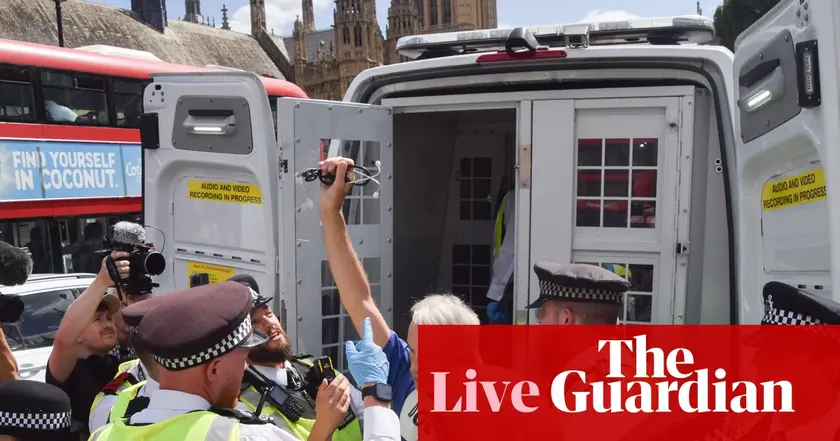
Lib Dem push for review of terrorism laws
